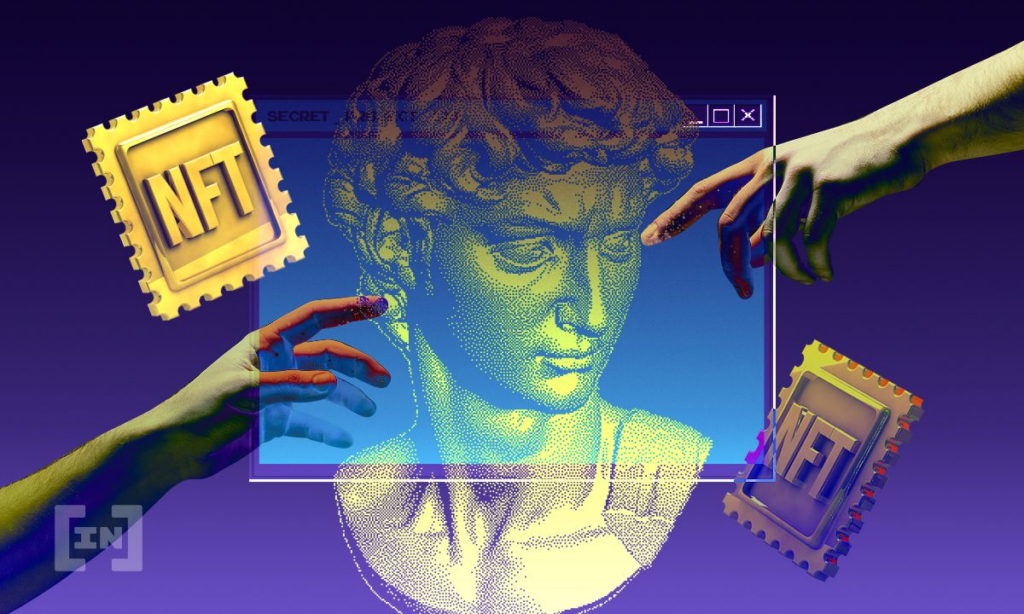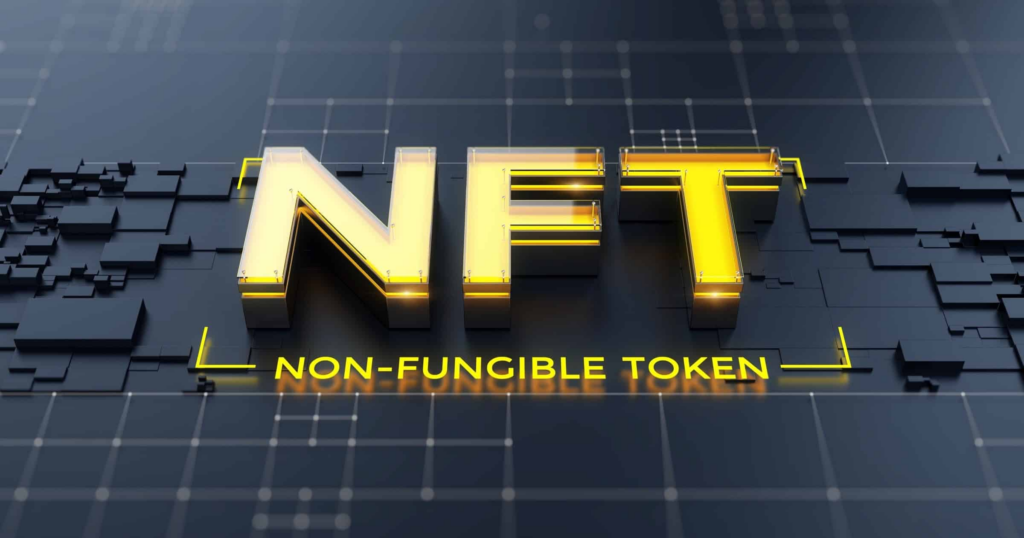Introduction to NFTs
As technology continues to advance, new forms of digital assets are emerging, and one of the most significant developments in recent years is the rise of Non-Fungible Tokens (NFTs). NFTs have gained widespread attention for their ability to revolutionize digital ownership and creativity. In this article, I will explore what NFTs are, how they work, and the impact they are having on various industries.
What are NFTs?
NFTs, or Non-Fungible Tokens, are unique digital assets that are stored on a blockchain. Unlike cryptocurrencies such as Bitcoin or Ethereum, which are fungible and can be exchanged for one another, NFTs are indivisible and cannot be exchanged on a like-for-like basis. Each NFT is one-of-a-kind and represents ownership of a specific digital item, such as artwork, music, or virtual real estate.

How do NFTs work?
NFTs are built on blockchain technology, which provides a decentralized and transparent ledger for recording transactions. When an artist or creator mints an NFT, they attach a unique identifier to a digital file, essentially “tokenizing” it. This tokenization process verifies the authenticity, ownership, and provenance of the digital asset. Once minted, NFTs can be bought, sold, and traded on various online marketplaces using cryptocurrencies.
Understanding the blockchain technology behind NFTs
Blockchain technology is at the core of NFTs, enabling secure and transparent ownership of digital assets. A blockchain is a distributed ledger that records all transactions across a network of computers. This decentralized nature eliminates the need for intermediaries, such as banks or art galleries, and ensures that ownership records cannot be tampered with. The use of blockchain technology also provides a permanent and immutable record of ownership, which adds value and authenticity to NFTs.
The benefits of NFTs
NFTs offer several benefits that make them attractive to both creators and collectors. For creators, NFTs provide a new way to monetize their digital creations. They can sell their artwork, music, or other digital assets directly to their audience, without relying on traditional gatekeepers. NFTs also provide creators with the ability to earn ongoing royalties from secondary sales, ensuring they continue to benefit from the value appreciation of their work.
For collectors, NFTs offer a new way to own and display digital assets. With traditional digital files, ownership is often ambiguous and easily duplicated. NFTs solve this problem by providing a unique and verifiable proof of ownership. Collectors can showcase their NFT collections in virtual galleries or display them in augmented reality, creating new opportunities for self-expression and social interaction.
NFTs in the art world
The art world has been one of the early adopters of NFT technology. NFTs have created a new market for digital art, allowing artists to sell their creations directly to collectors. This has opened up opportunities for emerging artists who may not have had access to traditional art markets. Additionally, NFTs have introduced new revenue streams for established artists, who can now earn royalties from secondary sales of their artwork.
NFTs in the music industry
NFTs have also made waves in the music industry, offering musicians and artists new ways to engage with their fans and monetize their work. Musicians can sell limited-edition albums, concert tickets, or even exclusive experiences as NFTs. This allows fans to own a piece of their favorite artist’s work and provides a new revenue stream for musicians in an era of declining album sales.
NFTs in gaming
Gaming has long been at the forefront of digital innovation, and NFTs have found a natural fit within the gaming industry. NFTs enable players to own and trade in-game items, such as virtual weapons, skins, or characters. This adds a new layer of value and ownership to the gaming experience, allowing players to truly own and customize their virtual assets. NFTs also hold the potential to enable cross-platform item trading, creating a unified marketplace for gamers across different games and platforms.

NFTs and digital ownership
One of the key advantages of NFTs is their ability to establish verifiable ownership of digital assets. With traditional digital files, ownership is often murky, and it is easy to copy and distribute without permission. NFTs solve this problem by providing a unique token that proves ownership and authenticity. This has significant implications for digital ownership, as it allows creators to retain control over their work and ensures that collectors can prove the legitimacy of their assets.
The future of NFTs
The rise of NFTs has only just begun, and the future looks promising. As more creators and collectors embrace this technology, we can expect to see further innovation and adoption across various industries. NFTs have the potential to revolutionize the way we buy, sell, and own digital assets, opening up new opportunities for artists, musicians, gamers, and collectors alike.
Key considerations for investing in NFTs
While NFTs offer exciting opportunities, it is important to approach investing in NFTs with caution. The market for NFTs is still relatively new and can be volatile. It is crucial to do thorough research, understand the underlying value of the NFT, and evaluate the credibility of the creator or platform before making any investments. Additionally, it is advisable to diversify your portfolio and not allocate a significant portion of your investment capital to NFTs alone.



